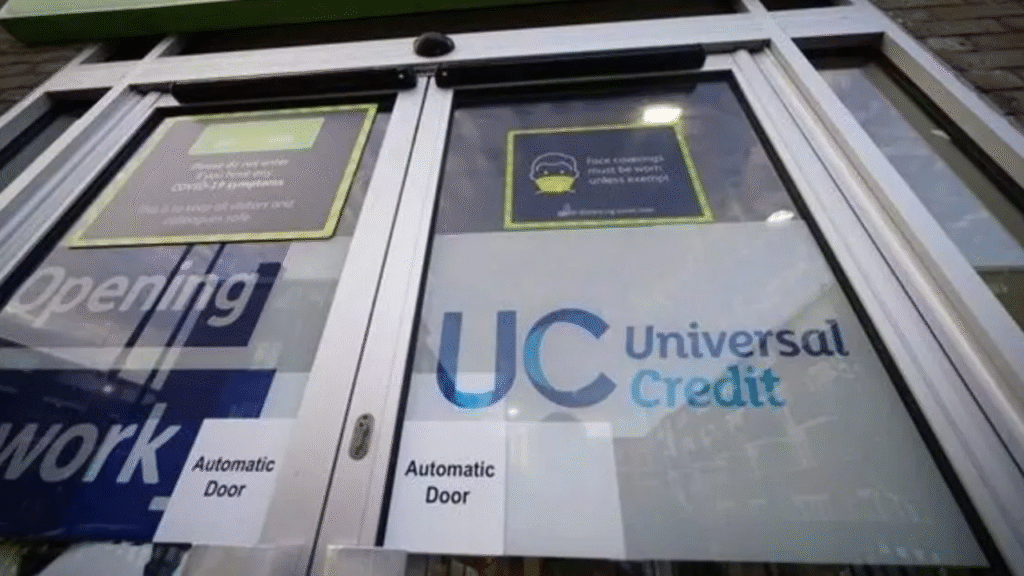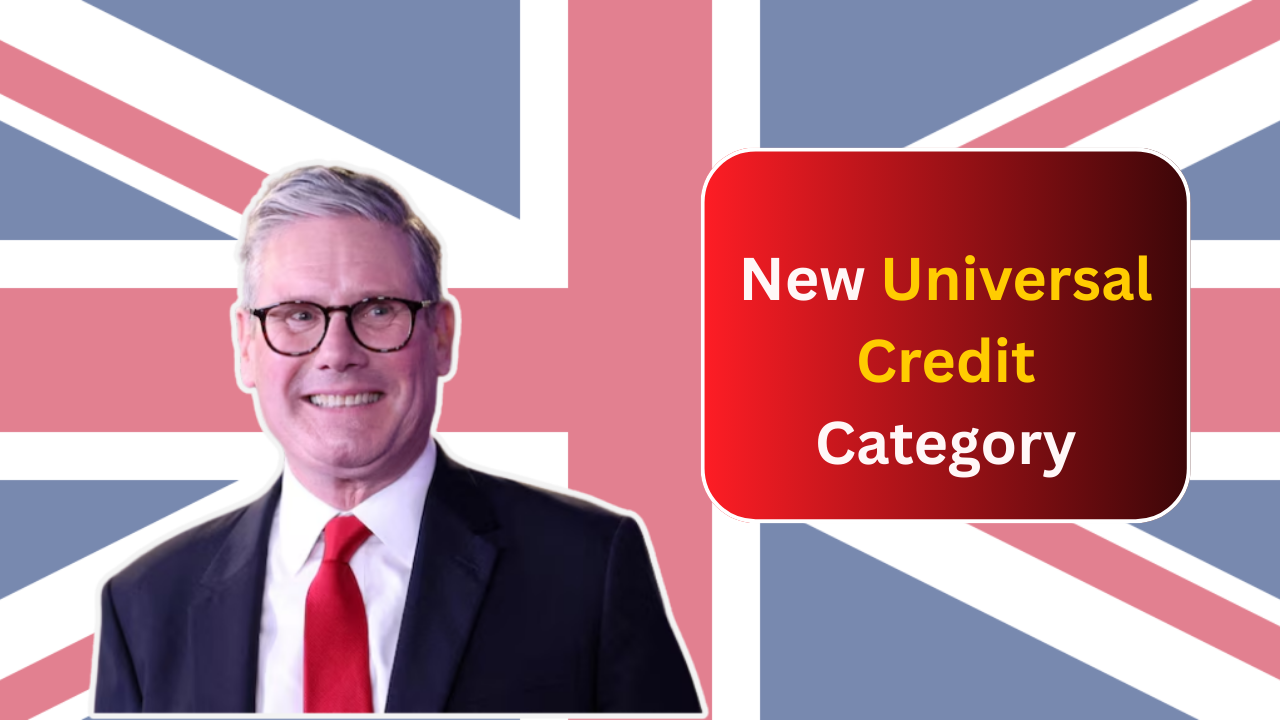The Department for Work and Pensions (DWP) could soon find itself under legal obligation to introduce a new category under the Universal Credit (UC) system if new legislation being discussed gains traction.
Advocates and campaigners have long argued that the current categories under Universal Credit are too narrow and do not reflect the complexity of modern life, leaving out many people in need.
Why Is the DWP Under Scrutiny?
Universal Credit, introduced in the UK as a streamlined benefit system, merges several payments like Jobseeker’s Allowance, Housing Benefit, and others into one monthly payment. The goal was to simplify the welfare system and encourage people into work.
However, critics claim that the categories used to assess people’s circumstances within the UC system are too rigid. Campaigners say that some vulnerable groups—such as people recovering from illness, domestic abuse survivors, carers, and others—fall between the cracks of the existing UC framework. They argue that these groups have unique needs and deserve a separate category, ensuring they receive adequate and tailored support.
A new law being proposed could finally make it compulsory for the DWP to revise its system and introduce additional UC categories that recognize these overlooked groups.
What Is the Proposed New Law?
The proposed legislation, backed by several MPs and advocacy organizations, is currently at the discussion stage in Parliament. It aims to address what they call the “rigid and outdated” structure of Universal Credit assessments.
The proposed bill suggests creating new UC categories that cater specifically to:
- Long-term carers
- Domestic abuse survivors
- Individuals recovering from serious illness or injury
- People with fluctuating mental health conditions
If passed, the law would require the DWP to carry out a review of the UC framework and ensure that these groups are properly recognized with specific assessment criteria and support packages.
Why Is This Law Being Proposed Now?
Over the past few years, several reports from charities and independent bodies have highlighted the hardship faced by groups not properly accommodated under current UC rules.
The COVID-19 pandemic, along with the cost of living crisis, has exposed even more cracks in the system. Many who lost their jobs or had their health impacted by long COVID have struggled to get adequate support because the system does not recognize their new, complex needs.
MPs supporting the law argue that the DWP’s refusal to adapt has forced them to push through legal reforms.
What Has the DWP Said?

So far, the DWP has defended the current UC system, claiming that its flexibility allows for personalized support. They argue that claimants can already receive additional support through discretionary payments or hardship funds.
However, campaigners say these are stop-gap measures, not systemic solutions. They insist that unless the law forces the DWP to create dedicated categories, vulnerable people will continue to fall through the cracks.
In a recent statement, a DWP spokesperson said, “Universal Credit is designed to support people in a variety of circumstances. We continue to review and refine the system to ensure fairness and responsiveness.”
However, they stopped short of confirming whether they would willingly introduce a new category without legal compulsion.
What Would a New UC Category Mean for People?
If the law passes, it would mean a significant change for those currently struggling with inadequate UC support. Dedicated categories would ensure that their circumstances are recognized from the outset, with tailored assessment processes and payment structures.
For example:
- Domestic abuse survivors could be fast-tracked to receive housing and living support without needing to prove unemployment status.
- Carers might automatically qualify for enhanced support without navigating complicated conditionality requirements.
- People recovering from illness could receive temporary but stable support to focus on their health, without immediate pressure to return to work.
Charities like Citizens Advice and Shelter have called the proposed law “a step toward a fairer welfare system.”
Could This Set a New Precedent?
If the proposed law passes, it could set a precedent for further changes in the UC system. Critics of UC hope it will open the door for more ongoing reviews and reforms to make the system more humane, personalized, and adaptable to real-world situations.
Some legal experts say this could lead to other welfare reforms where benefit categories are no longer rigid but fluid, based on people’s evolving circumstances.
What Happens Next?
The proposed law is currently at the early stages and would need to pass several readings in Parliament before it becomes law. During these stages, MPs will debate the specifics, including how new categories would be defined, how the DWP would implement them, and what funding would be required.
While the timeline is uncertain, campaigners are urging the public to support the bill by writing to their MPs and raising awareness about the gaps in the current UC system.
If passed, the law could come into effect by mid-2026, although experts say the DWP might seek more time to adjust its systems.
Conclusion
The DWP is facing mounting pressure from lawmakers, advocacy groups, and citizens to address long-standing flaws in the Universal Credit system. The proposed new law could force the department to introduce much-needed new categories that would make the welfare system more inclusive and fair.
While the journey from proposal to law is still a long one, this development has reignited debates about whether the UK’s welfare system is truly fit for the 21st century.





